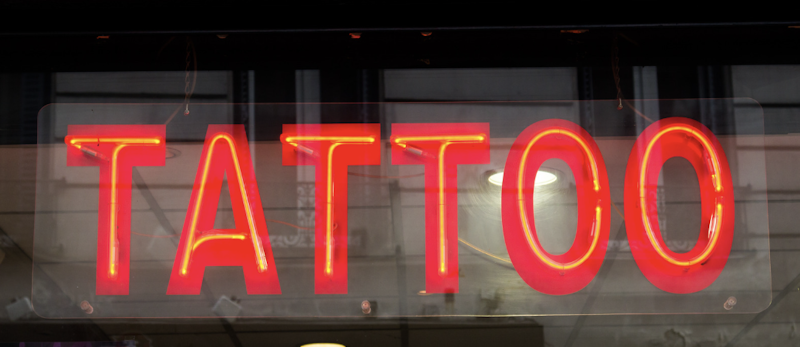Japan Travel Tips
Perfect Trip Guide
Japan Travel Tips
Perfect trip Guide
Why are tattoos not allowed in onsen?
Japan, a nation steeped in tradition, cultures, rules and customs that may be starkly different from those in Western countries. One aspect that may seem foreign to travelers is the relationship between tattoos and Japanese society.
Did you know that only around 5% of the Japanese population has tattoos?
For centuries in Japan, tattoos have been associated with criminality and the underworld. While considered taboo, in recent years tattoos have also been recognized as a form of art, and even the most popular onsen (hot springs) in Japan have seen an increase in tattoo-friendly facilities.
A Brief History of Tattoos in Japan

Some theories claim that Japanese tattoos date back over 10,000 years. Though the exact timeline is unclear, pottery from around 1500 B.C. has been found with tattoo-like markings.
Tattoos in Japan started as spiritual symbols and later became associated with the criminal class. The Edo period marked a crucial turning point, linking tattoos with criminals and the Yakuza.
Tattoos in Japan's Onsen

Onsen are an essential part of Japanese culture, providing relaxation and healing through natural baths. This tradition dates back thousands of years and is enjoyed by both locals and tourists.
However, many onsen facilities prohibit tattoos. This restriction is derived from the association between tattoos and the Yakuza, and the effort to maintain a serene atmosphere.
Historical Connection Between Tattoos and Criminal Activity
While Western culture often views tattoos as a form of self-expression, in Japan, they carry significant cultural weight, symbolizing rebellion, provocation, and affiliation with criminal organizations.
The connection between tattoos and crime in Japan began during the Edo period when tattoos were used as punishment for criminals. This association with crime is the origin of the current tattoo prohibition in Japan.
Emergence of Tattoo-Friendly Onsen
In recent years, attitudes toward tattoos have changed in Japan, especially among the younger generation. What used to be a symbol of crime in Japan has become a form of self-expression, similar to the West.
This change has led to a shift in the rules regarding tattoos in Japanese onsen facilities.
A growing number of tattoo friendly onsen are accommodating both locals and foreigners who want to enjoy the traditional onsen experience.
Tattoos rules in Onsen bath

Let's take a look at the rules concerning tattoos in Japanese onsen as of the year 2023.
Tattoo Rules Vary by Onsen
In Japan, there is no law governing the rules related to people with tattoos.
Instead, each onsen facility determines its rules concerning tattoos based on its judgment.
Therefore, the rules regarding tattoos may vary by onsen, including complete prohibition or the need to cover the tattoo. Since rules differ by location, tourists are advised to check in advance.
Some Facilities Allow Fashion Tattoos
As previously mentioned, the prohibition of tattoos in Japanese onsen is to ensure that the facilities do not have relations with antisocial forces.
Even in onsens where tattoos are completely prohibited, fashion tattoos may be allowed.
When I personally checked with Japanese onsens, even though "tattoo prohibited" was written, about half of the facilities said small-sized tattoos were OK.
When checking with the staff, it might be helpful to emphasize the size of your tattoo and that it is a fashion tattoo.
Onsens That Allow Tattoos if Covered with a Seal
In recent years, the younger generation in Japan who wear fashion tattoos has been increasing.
As a result, there are more onsen facilities that allow bathing if the small tattoo can be hidden with a seal.
The seals to hide tattoos are skin-colored and waterproof, so you can comfortably wear them in the onsen.
Private Bathing as an Option
The number of onsens and ryokan (traditional Japanese inns) allowing bathing in private baths, even with tattoos, is increasing.
If the tattoo is too large to hide, using such private baths can be considered an option.
Always check the onsen's policy and respect the local traditions.
